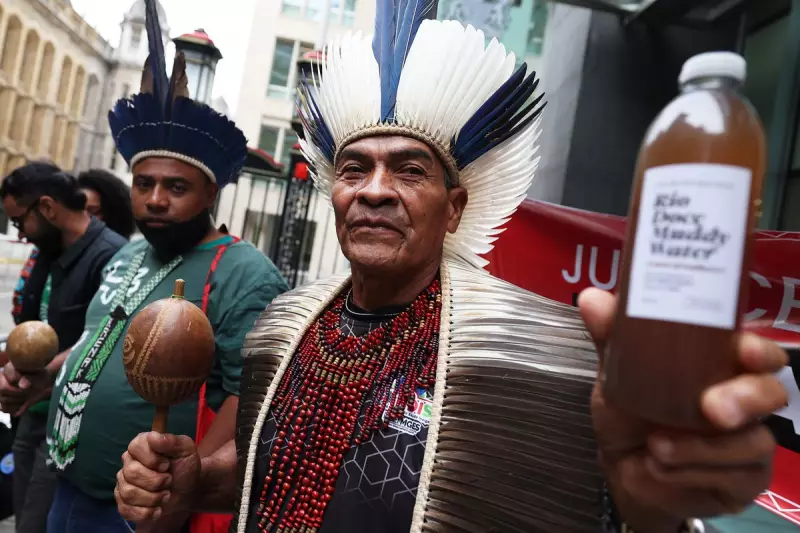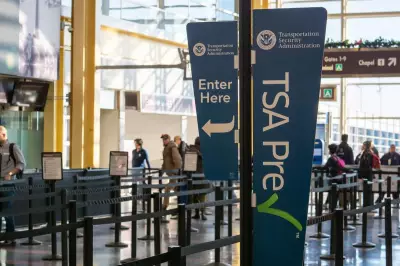
In a landmark decision that sends shockwaves through the global mining industry, the UK High Court has paved the way for one of the largest group claims in English legal history against mining behemoth BHP. The ruling revives a staggering £36 billion lawsuit brought by approximately 720,000 claimants affected by Brazil's catastrophic Mariana dam collapse.
The Night the River Died
November 2015 witnessed one of South America's worst environmental disasters when the Fundão tailings dam, operated by Samarco - a joint venture between BHP and Brazilian firm Vale - catastrophically failed. The resulting tidal wave of mining waste devastated entire communities, killing 19 people and contaminating the entire Doce River ecosystem over 400 miles.
Eight-Year Legal Battle Reaches Critical Juncture
After previous legal setbacks, including the Court of Appeal striking out the case in 2022, the claimants' persistence has finally borne fruit. The latest ruling confirms that amended arguments presented by the victims' legal team have successfully addressed previous judicial concerns, allowing the monumental case to proceed toward trial.
This represents a stunning reversal of fortune for the claimants, who argue that BHP's London-listed status makes the company accountable in English courts for its overseas operations and the devastating consequences of the dam failure.
What the Disaster Wrought
- Complete destruction of the village of Bento Rodrigues
- 19 lives lost in the toxic mudflow
- Entire Doce River ecosystem declared biologically dead
- Hundreds left homeless and livelihoods destroyed
- Widespread contamination of agricultural land and water supplies
Corporate Giants Face Unprecedented Accountability
BHP had consistently argued that the case represented an "abuse of process," claiming Brazilian legal proceedings already addressed compensation. However, claimants maintained that Brazilian settlements were insufficient and that BHP's primary listing in London created distinct accountability to English courts.
The ruling establishes a crucial precedent for holding multinational corporations responsible for environmental and human disasters occurring in their overseas operations, potentially opening floodgates for similar claims against other FTSE-listed companies with international footprints.
As the case now moves toward what promises to be a lengthy and closely-watched trial, the mining industry globally watches with apprehension. The outcome could redefine corporate responsibility standards and establish new legal pathways for victims of international environmental disasters to seek justice in the world's financial capitals.






